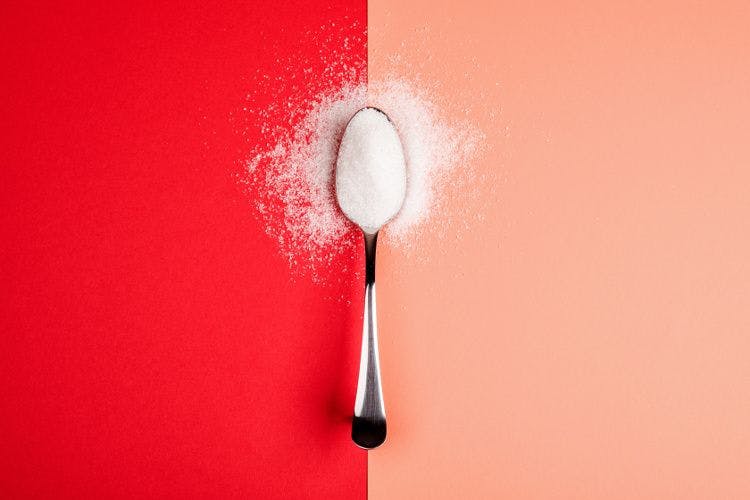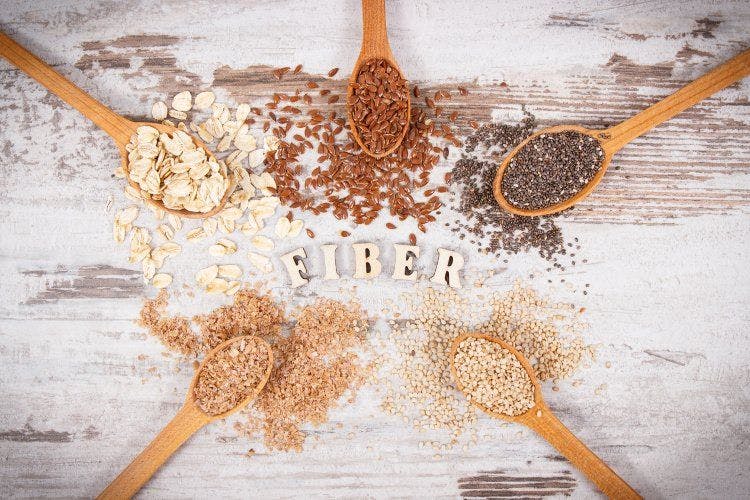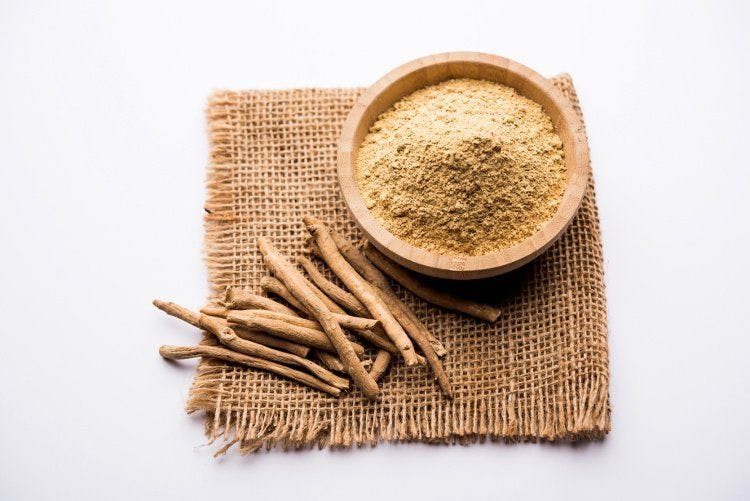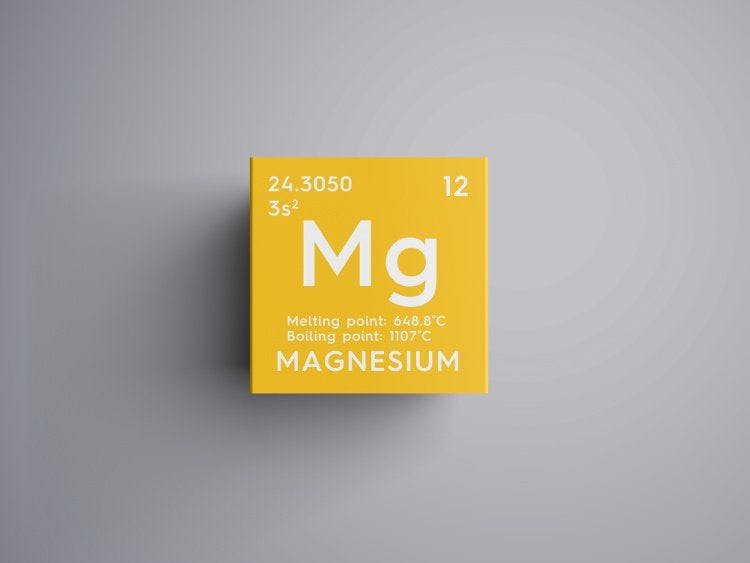CBD: FDA says it doesn’t know whether CBD is safe. Could NDI notifications help?
New dietary ingredient (NDI) notifications would give FDA more safety information on CBD.
Photo © AdobeStock.com/Gajus

FDA has publicly said that at this point in time, it doesn’t have enough scientific data to determine whether hemp cannabidiol (CBD) is safe for human consumption.
In an online consumer update the agency posted last November, FDA stated: “The FDA has seen only limited data about CBD safety, and these data point to real risks that need to be considered before taking CBD for any reason.” The agency outlined important unanswered questions surrounding CBD consumer products and consequences of use, such as effects of sustained use, effects on vulnerable populations such as pregnant women and children, effects on reproductive toxicity, and potentially dangerous interactions with other herbs.
These questions need definitive answers, considering the growing number of consumers taking CBD products today. Does such information exist? Can FDA get that data?
No one except FDA knows what CBD information the agency already has in house. But if we take a look at what’s out there, we do know that we are still in the early stages of investigation concerning non-drug CBD and hemp extract products. Preliminary-some promising-research is still largely confined to animal and human observational studies. Gold-standard large-scale randomized controlled trials have been done on CBD, but those pertain to pharmaceuticals.
Some CBD supplement companies may have done studies on their own products, but it’s likelier that many have not. One company that has notably publicized its own safety and human research is CV Sciences. In September 2018, for instance, the firm shared the news that its PlusCBD Oil Gold Formula had been self-affirmed Generally Recognized as Safe based on third-party toxicity testing.
It’s possible that FDA is aware of some of the research happening in the CBD supplements space, but there could also be unpublished (and possibly enlightening) research companies have done that remain confidential. And this is frustrating to those hoping FDA will one day make CBD a legal supplement ingredient. In short, 1) it’s unclear what FDA has done so far to gather more of the scientific data it says it needs, and 2) as mentioned, there may already be additional data out in the market that FDA does not currently have.
At the Council for Responsible Nutrition’s (CRN) annual conference last November, guest speaker Lowell Schiller, FDA principal associate commissioner for policy, said that the agency remains wary of creating a legal pathway for CBD without data convincing the agency of CBD’s safety. Many, such as the Natural Products Association, have urged FDA to gather evidence to set a safe consumer usage level for CBD. Daniel Fabricant, PhD, NPA’s president and CEO, tells Nutritional Outlook, “The urgent need to establish strong CBD safety standards and maintain access to responsibly produced CBD products continues to be a top priority for NPA.”
In January, a Congressional bill was introduced by House Agriculture Committee Chairman Collin Peterson (D-MN) that would, if passed, designate CBD as a legal dietary supplement ingredient. Whether the bill ultimately passes is anyone’s guess at this stage, but if it were to pass, it would do one important thing: it would make CBD subject to all of the regulations all other supplements face.
CBD companies would, for instance, be required to submit a CBD new dietary ingredient (NDI) notification to FDA, which is required for any ingredients not marketed in dietary supplements prior to October 15, 1994, when DSHEA (the Dietary Supplement Health and Education Act of 1994) passed. Lacking evidence showing that CBD was marketed in supplements before that cut-off, CBD companies would, at this point in time, be required to submit NDI notifications for their own ingredients.
NDI notifications require companies to submit evidence demonstrating “the basis on which the manufacturer or distributor has concluded that a dietary supplement containing a new dietary ingredient will reasonably be expected to be safe under the conditions of use recommended or suggested in the labeling.”
In short, CBD NDI notifications would give FDA additional safety information on CBD. “Not only would it give them information, but it would create incentives for companies to create that data,” adds Steve Mister, CRN’s president and CEO. “Right now, if you’re a supplement company, there is very little incentive to go out and do the safety research because if you try to go and get an NDI, your NDI is going to be rejected and sent back to you” because FDA deems CBD an illegal supplement ingredient. “So yes,” Mister says, “this bill would create the incentives for industry to do the research, and it would still give FDA a chance to sign off on safety…”
Through the NDI process, CBD companies would have the option of requesting that some of the information they submit to FDA remain confidential, Mister points out. Currently, supplement companies choosing to submit safety information to FDA can only do so via public docket.
Robert Durkin, of counsel at law firm Arnall Golden Gregory LLP, and former deputy director for FDA’s Office of Dietary Supplement Programs, says: “Information can be kept confidential during an NDI notification process. This would do two things: It would give companies that have invested time and money into developing data that they want to keep proprietary a chance to use it, and it would also give FDA a chance to see data and information that they might not otherwise get.”
Whatever it takes, industry stakeholders would like to see FDA move forward on evaluating CBD’s safety. Says Durkin: “It’s time for FDA to shift from the data-gathering mode to the next phase.”
Attorney Kevin Bell, partner, also at Arnall Golden Gregory LLP, does caution that there could be blowback if FDA were to give CBD the fast-track in the NDI process, spurred by the cries for FDA oversight over CBD, thereby putting CBD ahead of the many ingredient notifications already submitted and currently awaiting NDI review by FDA. Bell, who has clients who currently have NDI notifications waiting in FDA’s queue, says, “I can’t imagine the noise level, how high it would be, if CBD goes down the NDI track and then FDA starts enforcing NDIs for CBD-but hasn’t started doing it for dietary supplements…That would be upsetting.”
He adds: “I will tell you that I have clients who would be out of their minds if the FDA chose to jump the shark and start enforcing CBD NDIs without first doing what we all believe they have the right to do, right now, and enforce them on the NDIs that exist.”
Basically, although CBD is getting a lot of attention from everyone right now, including FDA, it shouldn’t distract the agency from doing what it already should be: issuing a finalized, revised NDI guidance and finally creating a clear, workable path for the NDI process and ramping up enforcement against those who don’t file NDIs. Of CBD, says Bell: “I don’t think that the popularity or just the fact of [CBD marketers] pushing these products out there should drive a bus past something the agency could do now and has been asked to do for many years, just because it’s CBD.”
Still, Bell acknowledges, whatever is going to be done to create a regulated and responsible market structure for CBD needs to happen “with a certain level of speed, because you can’t let this go on forever without doing anything…CBDs are going to permeate society in almost every type of market that we can think of.”
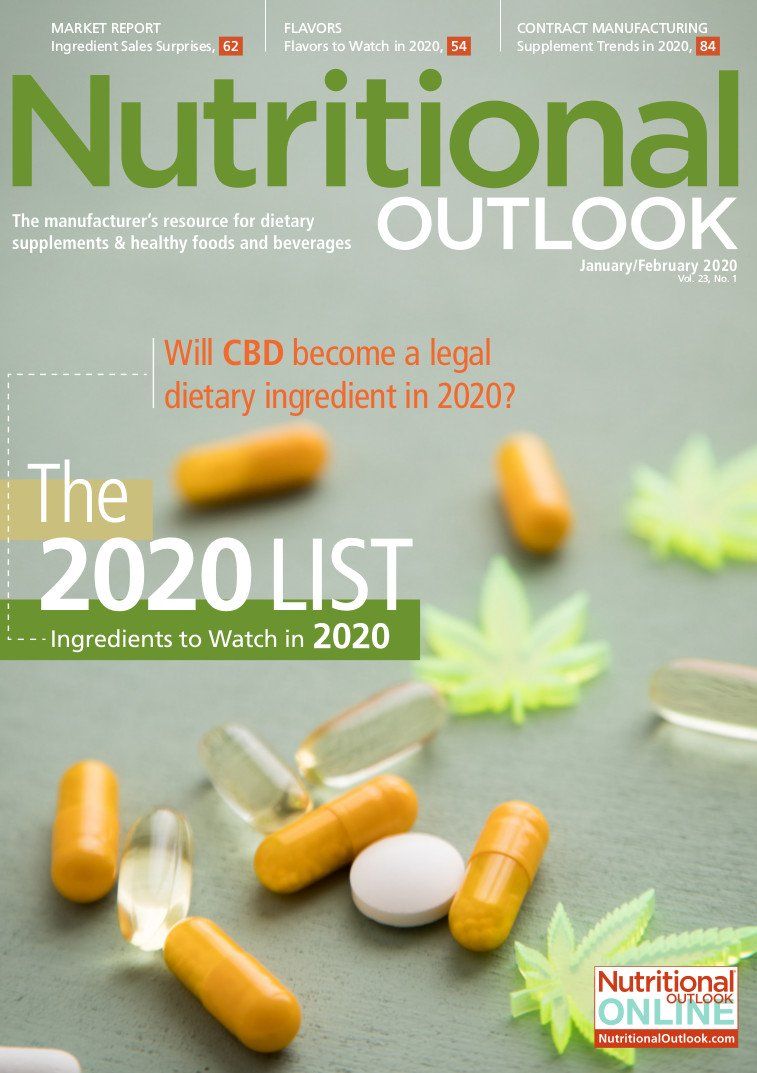
Prinova acquires Aplinova to further increase its footprint in Latin America
April 7th 2025Prinova has recently announced the acquisition of Brazilian ingredients distributor Aplinova, which is a provider of specialty ingredients for a range of market segments that include food, beverage, supplements, and personal care.


